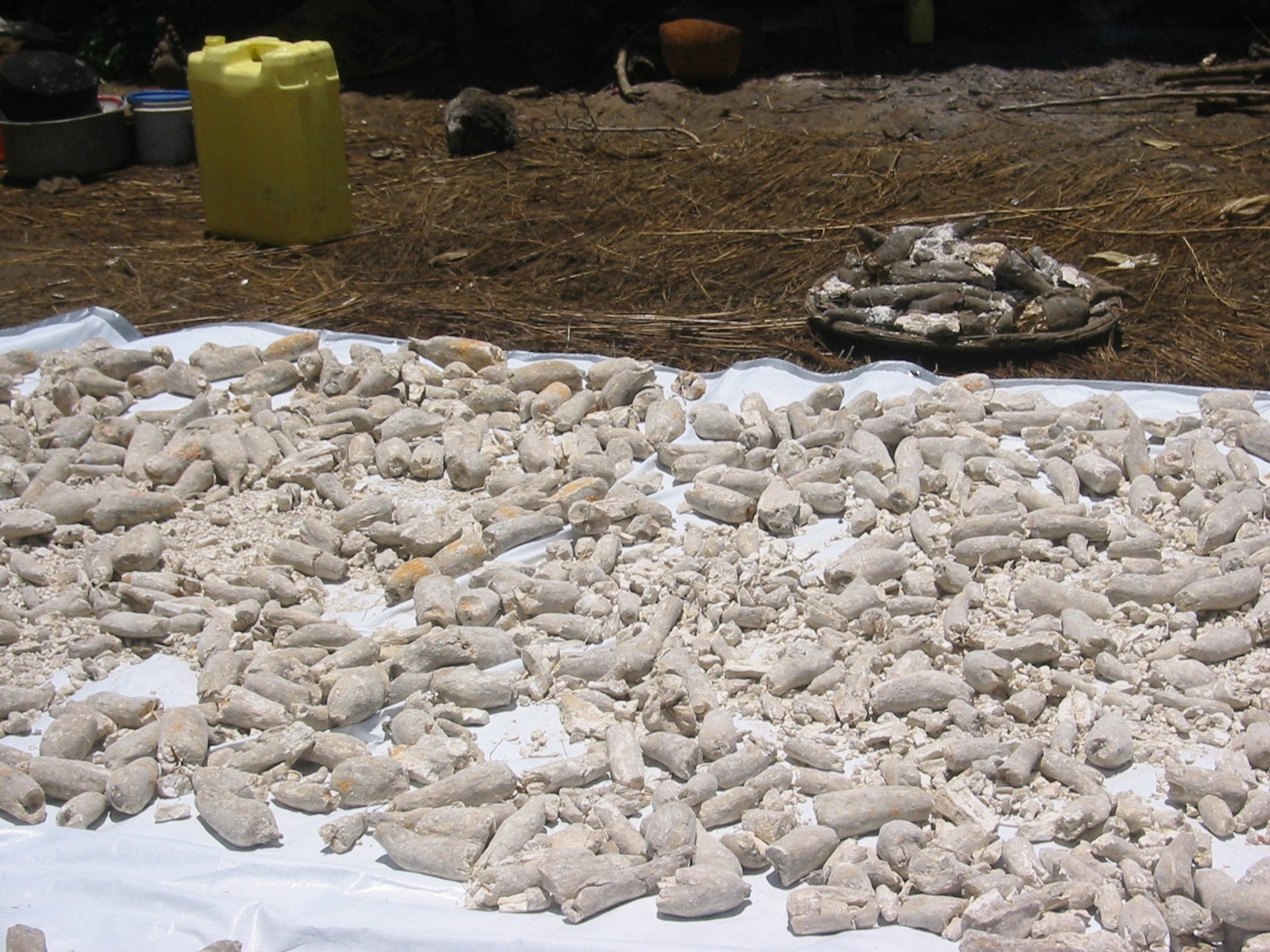Rely more on local produce to cut food import bills and provide subsidised inputs to boost production, advised the United Nations Food and Agriculture Organisation (FAO) as it announced measures to help poor countries, many of which will now have to pay 74 percent more for food - up by US$6 billion from February 2008.
Under the Initiative on Soaring Food Prices (ISFP), FAO will kick-off with short-term measures such as providing subsidised fertiliser to boost food production in three African countries affected by food riots - Burkina Faso, Mauritania and Senegal. Mozambique, the fourth African country, included in the pilot will use a blend of cassava and wheat flour to produce bread to help lower the country's wheat import bill.
"The initiative will be rolled out in other countries in the second phase," said Liliana Balbi, senior economist with FAO's Global Information and Early Warning Service. Details of the second phase were not announced.
The sharp rise in international cereal prices, freight rates and oil prices has pushed up the food import bills in many low-income food-deficit countries in Africa, said the new FAO Crop Prospects and Food Situation Report released on 11 April. World cereal stocks are expected to fall to a 25-year-low of 405 million tonnes in 2007/08, down 21 million tonnes, or 5 percent, from their already reduced level of the previous year.
Soaring price initiative
The ISFP pilot project will assist vulnerable farmers that are not able to take advantage of high prices - because of insufficient access to inputs - to increase local production, according to Shukri Ahmed, Senior Economist at FAO. For example in Kenya, "the greater disruption of markets, which followed the political unrest, has produced an increase in the cost of agricultural inputs. As a result, about half of the agricultural land in North Rift, the key maize producing area, has not yet been prepared for the planting season this month. The farmers in these situations need assistance," he added
Fuel and food prices have also affected the cost of agricultural production - "farm labour wages have gone up, inputs have become more expensive," explained Ahmed.
International cereal prices have continued to rise sharply over the past two months, reflecting steady demand and depleted world reserves, the FAO report said. Rice prices increased the most following the imposition of new export restrictions by major exporting countries. By the end of March prices of wheat and rice were about double their levels of a year earlier, while those of maize were more than one-third higher, according to the report.
Despite governments' efforts to prevent the cost of food in their countries from being influenced by soaring global cereal prices, essentials such as bread, rice, maize products, milk and soybean have continued to become more expensive.
The situation calls for alternative measures such as using what is available locally to help lower food import bills, pointed out Frans Van De Ven, FAO acting Resident Representative in Mozambique.
Mozambique which imports 100 percent of its wheat requirement largely used to produce bread, will now experiment with cassava flour, said Tatenda Mutenga, FAO's information officer in Mozambique. After several studies including one on consumer preferences, the UN agency along with the Mozambican government will launch a project to manufacture bread using a blend of cassava and wheat flour in the central Zambezia province in May 2008.
Price analysis
But the impact of soaring food prices on the vulnerable has also highlighted the need for a comprehensive price analysis, which has prompted the launch of FMIUs. "Food price inflation hits the poor hardest, as the share of food in their total expenditures is much higher than that of wealthier populations," said Henri Josserand of FAO’s Global Information and Early Warning system. "Food represents about 10-20 percent of consumer spending in industrialised nations, but as much as 60-80 percent in developing countries, many of which are net-food-importers".
Differing foreign exchange rates, tax regimens and agricultural policies require countries to come up with "individualised responses" to global food price increases, pointed out Ahmed. "From a UN agency's point of view, the units will help analyse for example what impact a 20 percent increase in food prices would have on vulnerability at global, regional, national and household levels - and help us determine responses to improving food security."
According to FAO’s first forecast world cereal production in 2008 is to increase by 2.6 percent to a record 2,164 million tonnes. The bulk of the increase is expected in wheat, following significant expansion in plantings in major producing countries.
"Should the expected growth in 2008 production materialize, the current tight global cereal supply situation could ease in the new 2008/09 season," the report said.
But much will depend on the weather, FAO cautioned, recalling that at this time last year prospects for cereal production in 2007 were far better than the eventual outcome. Unfavourable climatic conditions devastated crops in Australia and reduced harvests in many other countries, particularly in Europe.
jk/tdm/go
This article was produced by IRIN News while it was part of the United Nations Office for the Coordination of Humanitarian Affairs. Please send queries on copyright or liability to the UN. For more information: https://shop.un.org/rights-permissions





